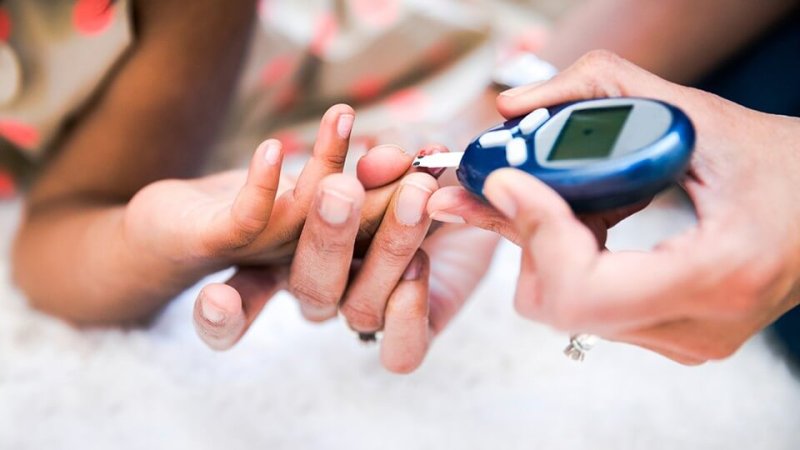Many people with diabetes prick their fingers several times a day to measure blood sugar levels and decide on the insulin doses they need. Implants of pancreatic cells that normally make insulin in the body— so-called islet cells—can render this cumbersome process unnecessary. Likewise, cellular implants could transform treatment of other disorders, including cancer, heart failure, hemophilia, glaucoma and Parkinson’s disease. But cellular implants have a major drawback: recipients must take immunosuppressants indefinitely to prevent rejection by the immune system.
…
[I]n 2016 a team at the Massachusetts Institute of Technology published a way to make implants invisible to the immune system. After producing and screening hundreds of materials, the researchers settled on a chemically altered version of a gel called alginate, which has a long history of safe use in the body. When they implanted islet cells encapsulated in this gel into diabetic mice, the cells immediately produced insulin in response to changing blood sugar levels—keeping them under control over the course of a six-month study.…
Today the cells being incorporated into capsules are drawn from animals or human cadavers or are derived from human stem cells. One day implantable cell therapies may include a broader array of cell types, including some engineered through synthetic biology—which reprograms a cell’s genetics to make it perform novel functions, such as controlled, on-demand release of specified drug molecules into a tissue.
Read full, original post: Implantable Drug-Making Cells































